New Delhi, India – The National Green Tribunal (NGT) has expressed its disappointment over the failure of various agencies to take responsibility for desilting and dredging the Barapullah drain. Despite directives, a key segment of the drain remains clogged, leading to significant environmental and public health concerns. The NGT has directed the Delhi chief secretary to convene a meeting with all involved agencies, fix responsibility, and take immediate action.
The 16km-long Barapullah drain, which flows through south, central, and southeast Delhi, including areas like Chirag Delhi, INA, Mehrauli, Defence Colony, GK, Nizamuddin, and Pushp Vihar, was once a natural stream fed by monsoon rains. However, it now carries almost 80% of the wastewater from the Barapullah basin region into the Yamuna, contributing substantially to the river’s pollution. The land along the drain has turned into a marshland of sewage and wastewater, creating a breeding ground for disease and pestilence.
In an order dated August 2 and uploaded on Sunday, the NGT noted that while the early segment of the drain was being dredged by the Irrigation and Flood Control (I&FC) Department, a crucial portion closer to the Yamuna was yet to be desilted by any agency, likely causing waterlogging. The NGT’s order came in response to pleas, including one by the Nizamuddin West RWA, seeking remedial measures to treat the Barapullah and its subsidiary drains, including the Kushak drain.
On June 28, heavy rainfall led to flooding in large parts of south and central Delhi, with over 200mm of rain recorded in a single day. The Barapullah drain backflowed, causing waterlogging in areas like Jangpura, Lajpat Nagar, Nizamuddin, and Chirag Delhi, impacting traffic during the first monsoon rain of the season.
The NGT’s order pointed out that the I&FC Department claimed the stretch from A7 to B was yet to be handed over to them by the Delhi Development Authority (DDA). The DDA, however, denied responsibility for desilting and dredging.
“None of the authorities is in a position to state as to who or which authority is responsible for desilting of the stretch from A-7 to B. We find it strange that though the matter has been heard at length on the previous date on the issue of dredging of Barapullah drain…,” the tribunal stated, directing the chief secretary to intervene immediately.
The NGT will hear the matter next on August 6.
Shahdara Drains Not Up to Standard, NGT Told
Meanwhile, the Uttar Pradesh Pollution Control Board (UPPCB) reported to the NGT that the Sahibabad, Indirapuri, and Banthla drains—supplementary drains of the Shahdara drain in Delhi—were not meeting the requisite standards for Biological Oxygen Demand (BOD). Samples showed BOD levels three to four times the permissible limit of 30mg/l, attributed to untreated domestic effluents. The UPPCB initiated action against 13 industries along these drains. However, no civic agency in Delhi has made submissions in this regard, and the I&FC Department did not comment on the matter.



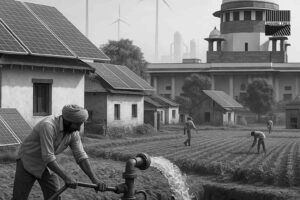

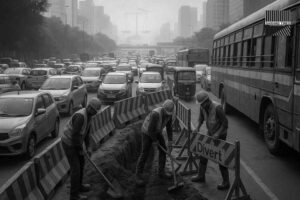


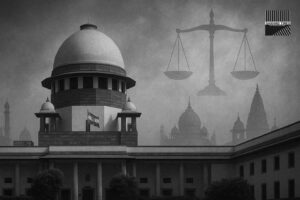


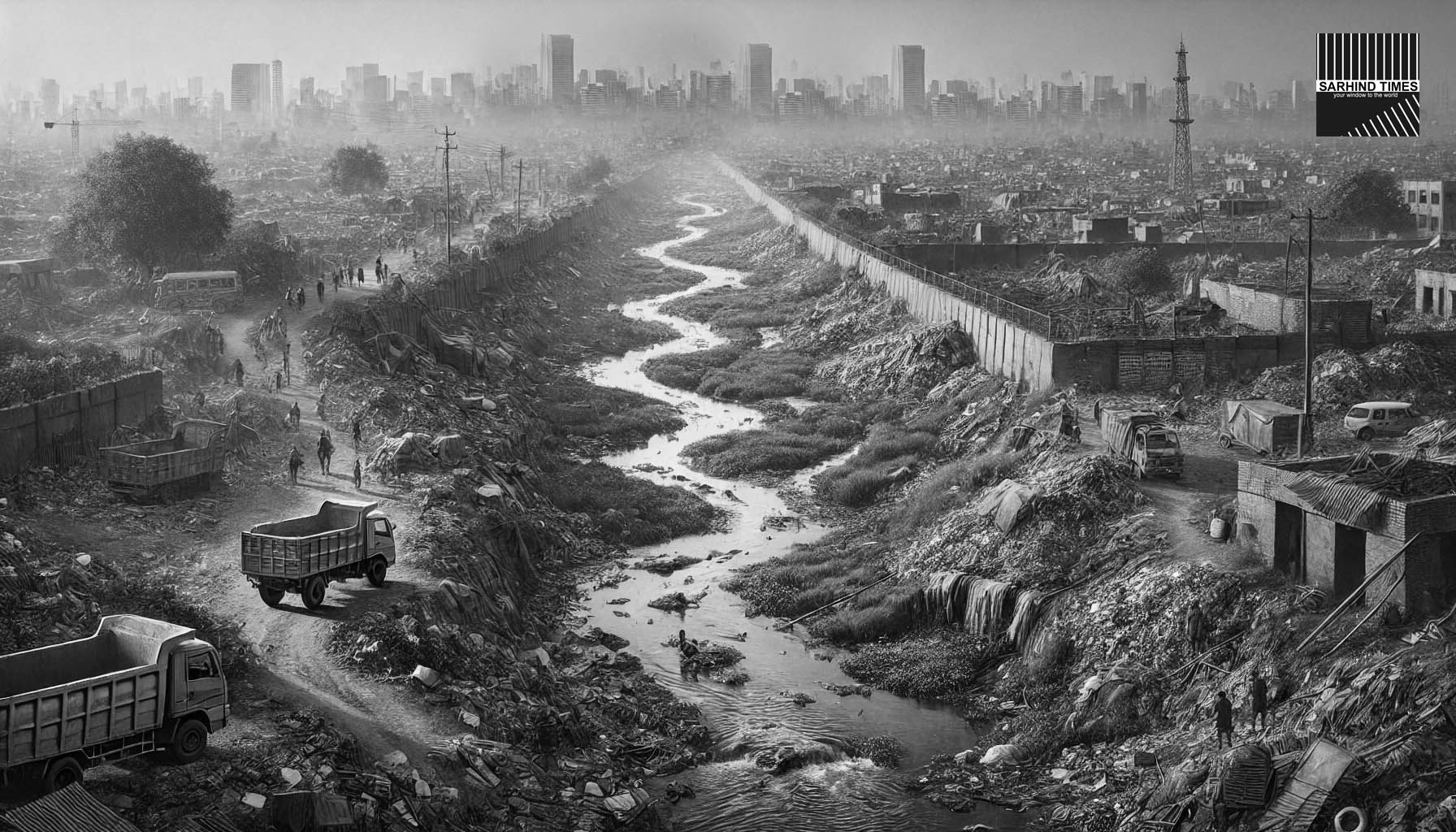
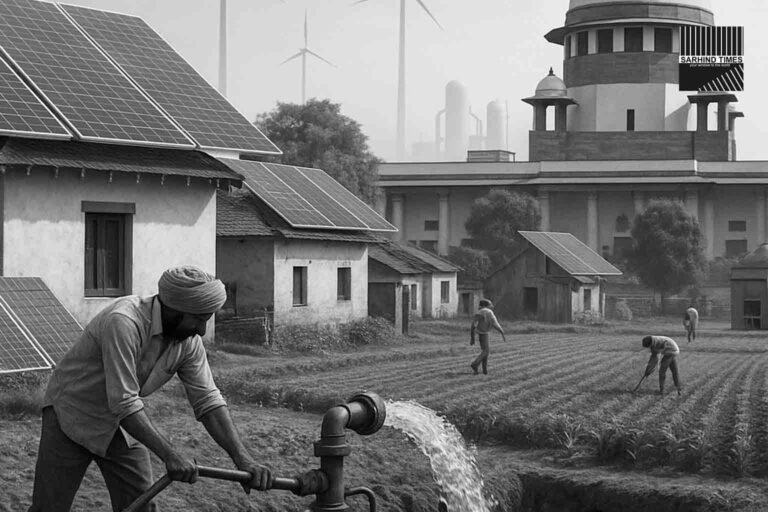
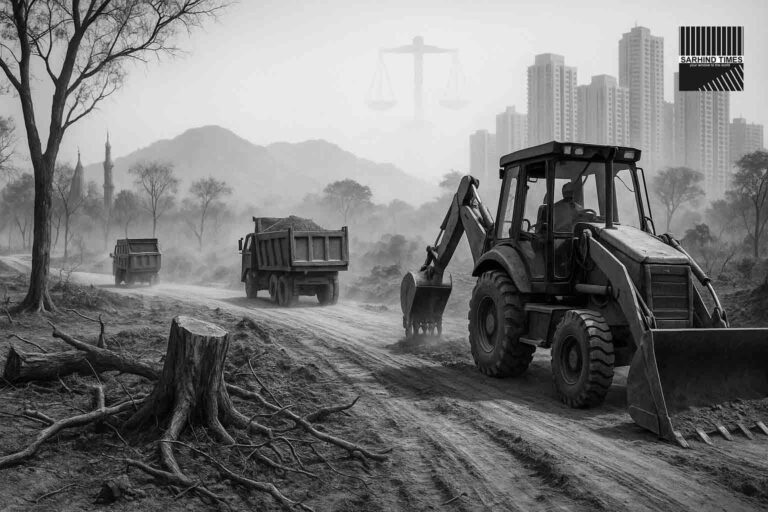
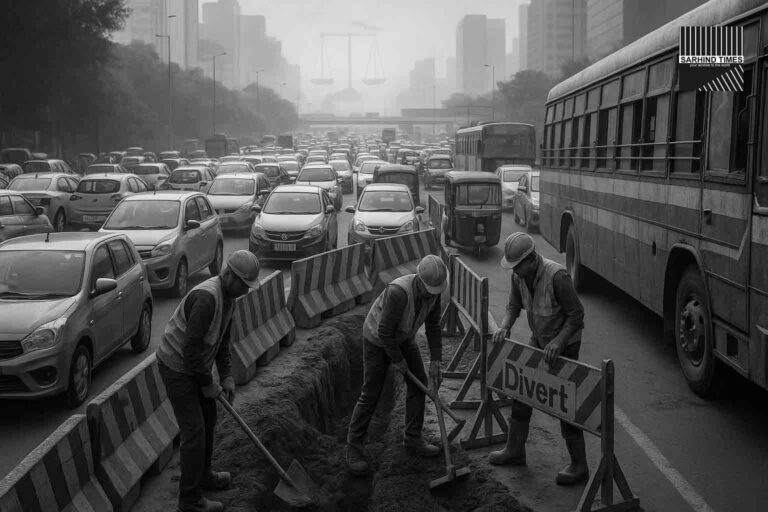

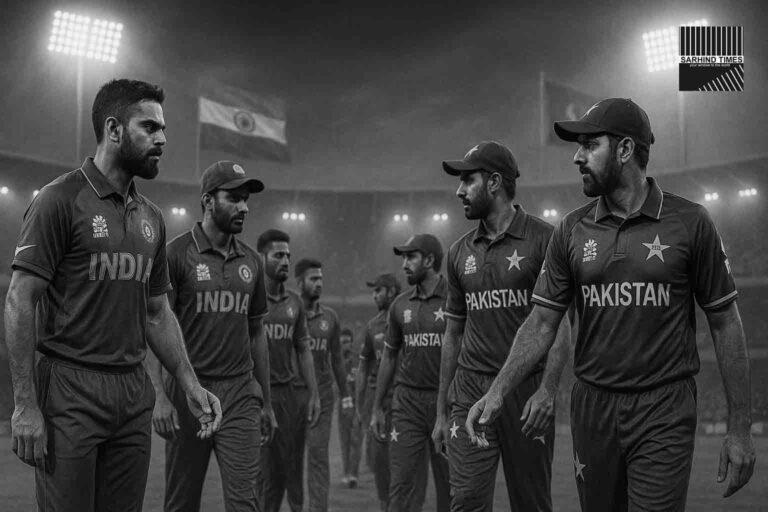
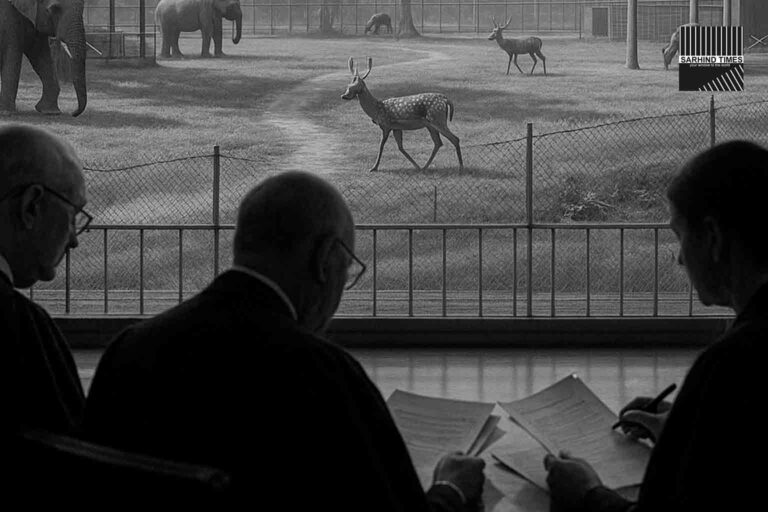
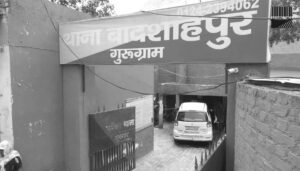

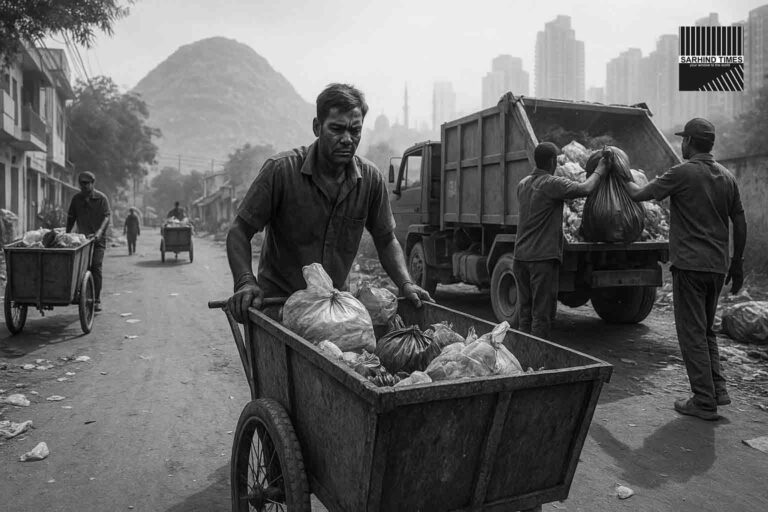
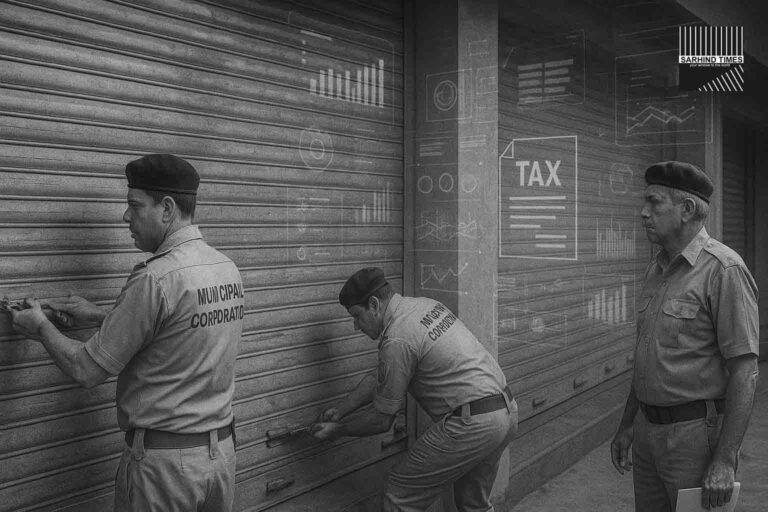
+ There are no comments
Add yours